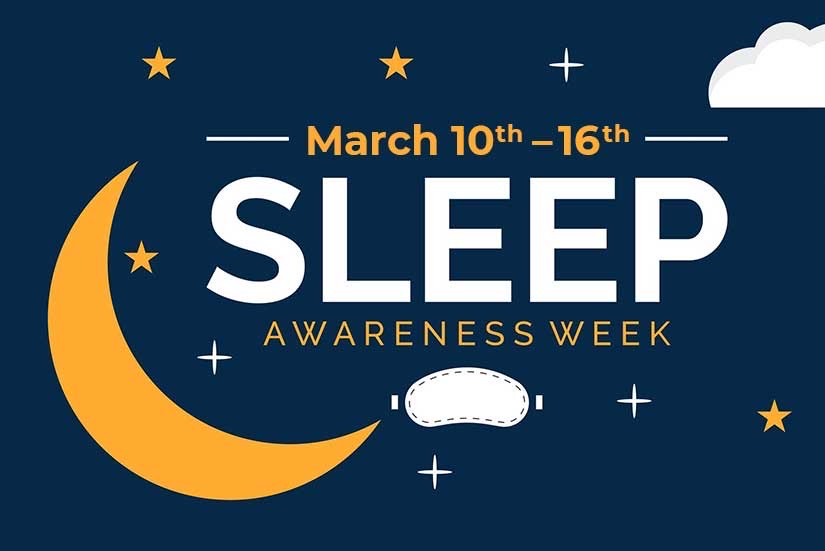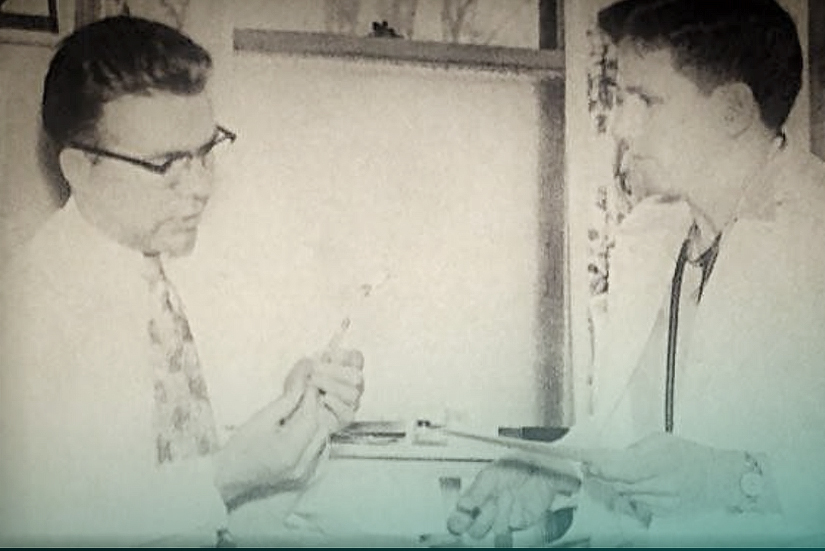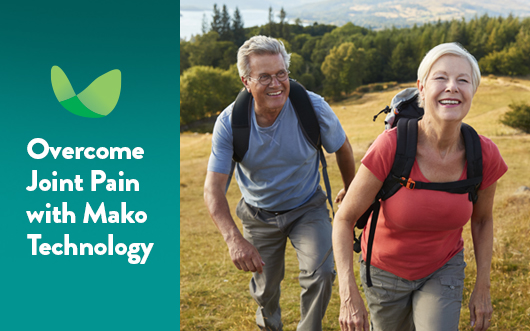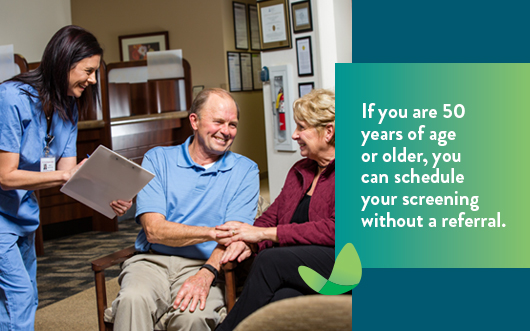Our Best Slept Secret

Happy Sleep Week St. Cloud Surgical Center fans! Each year, the National Sleep Foundation focuses on the importance of sleep and how it affects your physical and mental health. During Sleep Week, observed nationally the second week of March, many organizations who focus on sleep health will become involved in the cause.
Here at St. Cloud Surgical Center, we are no different. Known for our innovative technology, our center is home to one of the largest Inspire® therapy practices in the country, all thanks to Dr. Hanson and Dr. Dearking. The pair have helped hundreds of sleep apnea patients, and their significant others reclaim their sleep through this mask-free solution. To learn more about Inspire®, check out the blog we published.
If you’re reading this and thinking sleep apnea isn’t a condition you struggle with, but sleep is still hard, we’re here to help with that too! As physicians and wellness experts, we know how important deep, restorative sleep is for our patients, especially once they are in recovery. It’s the key to a happy, healthy, wonderful life. In short, it’s our best slept secret!
5 Quick Facts About Sleep
- Healthy sleep starts before you hit the sheets.
What you do BEFORE you enter your bed matters. Creating a simple bedtime routine can send signals to your brain that it is time to wind down for the night. The more you commit to this routine, the easier it will be to fall asleep once you enter your bed.
A simple routine can look like brushing your teeth, washing your face, and reading for 30 minutes. This might be the trick to send you to sleepy land!
- Sleep is linked to your mental health.
There is a large connection between sleep and your well-being. Sleep quality and quantity are deeply intertwined with your mental health.
When we sleep, our body goes into a restorative state where it repairs and rejuvenates our cells, processes emotions from the day, and cleanses our brains of toxins. Without good sleep, this restoration of the body doesn’t happen and can cause a downward spiral.
- Exposure to light can affect how well we sleep.
We are all familiar with the school of thought that blue light from screens affects our sleep, and we’re here to tell you it is true. But regular light exposure can have a negative effect too. Light plays a crucial role in our circadian rhythm. Our brains are hardwired to stay awake during the day and sleep when it’s dark. We should all be using light as a tool to get better sleep.
A general rule of thumb is to expose yourself to bright light in the morning and afternoon, dimming the lights as you get closer to bedtime. As for screens, put them away at least one hour before bed.
- Exercise can help kick start a healthy sleep schedule.
You can add better sleep to the widespread list of health benefits that come from daily exercise. Not only does exercise keep you focused and energized throughout the day, but it also helps to promote deeper, more restorative sleep at night.
If you’re struggling to find ways to stay active, here are some ideas to get you started on a new healthy habit!
- Nutrition plays a crucial role in your sleep quality.
Last, but certainly not least, nutrition! Healthy eating habits support your whole well-being, sleep included. If you’re struggling to get to sleep, or even just stay asleep, food could be the culprit.
A well-balanced diet that includes high amounts of fiber, fresh fruits and vegetables, whole grains, and protein can be all the change you need to make to ensure you’re meeting your sleep quota.
The 10-3-2-1-0 Rule
The 10-3-2-1-0 rule is a concept loved by many sleep experts and wellness professionals. Not only is it a foolproof method to follow, it’s designed for everyone. No matter your age, gender, race, etc. you can follow this rule to get the best night’s sleep of your life. There’s no magic spray, no specific pillow or mattress involved, just some good old-fashioned commitment to a better, more well-rested you.
Here’s the breakdown:
- 10 hours before bedtime – no more caffeine
- 3 hours before bedtime – no more alcohol or food
- 2 hours before bedtime – no more work
- 1 hour before bedtime – no more screen time
- 0 times you hit the snooze button in the morning
TEN (10): No caffeine ten hours before bedtime.
While nothing beats a warm cup of joe in the morning, coffee and other caffeine intake can be our biggest downfall when it comes to sleeping. Caffeine is a silent killer, taking up to an hour to kick in. This means you may not realize the negative impact caffeine is having on you until it’s too late. If you feel wired or anxious before bed, think about your caffeine consumption for the day, it could be the culprit.
Per the rule, caffeine in all forms, whether it be from tea, coffee, or chocolate shouldn’t be consumed within ten hours of your bedtime.
Loophole: Caffeine affects everyone differently and you know your body best! If you only need to stop caffeine conception seven hours before bed, change the name of the rule to fit your lifestyle.
THREE (3): No alcohol or food three hours before bedtime.
Breaking up with your midnight snack, say it ain’t so!? We hate to break it to you but drinking liquids and eating from the snack drawer too close to bedtime can have a negative effect on your sleep.
- High levels of alcohol in the bloodstream at bedtime cause disruptive REM sleep, leading to a rough morning.
- Due to the horizontal nature of sleeping, eating too close to bedtime can cause acid reflux, indigestion, or heartburn.
If you need to have a snack before bed, try something that contains high amounts of protein and less processed sugar, like a handful of nuts.
TWO (2): No more work two hours before bedtime.
For some of us, working at home has made it difficult to shut down for the day, but it is so important for your sleep (and mental health) to unplug. Screen time keeps your brain in overdrive making it hard to shut down, while working long hours can lead to prolonged stress. Both of which are detrimental to your sleep quality. Not to mention, you’re losing your beloved work-life balance.
ONE (1): No screens one hour before bedtime.
Put the phone down. I repeat, put the phone down! While, in theory, one of the simplest things on the list, this seems to be the hardest for people to do. Research shows that screens are incredibly detrimental to strong sleep hygiene.
- Screens stimulate the brain and keep it alert instead of winding down.
- The blue light from screens is said to decrease melatonin (sleep hormone) levels needed for sleep.
- Information you see online, in the news, or in the shows you watch can mess with your emotions causing stress, anxiety, or sadness that makes it hard to fall asleep.
If you can do one thing to achieve better quality sleep, this is it!
ZERO (0): No hitting snooze in the morning!
We all do it. Even if we promise ourselves at night that we won’t, morning comes around and we’re hitting snooze. The truth is, hitting snooze can lead to more grogginess in the morning because you’re interrupting your REM sleep. If you feel the need to hit the snooze button repeatedly, you probably aren’t getting enough sleep. Time for an earlier bedtime!
Tip: Move your alarm clock away from your bed, so you have to get up to shut it off. No more snoozing on your clock!
Will you be giving 10-3-2-1-0 a try?
Looking to do some shopping during Sleep Week? Here are the best deals.
Sleep Week is one of the best times to upgrade your bedroom. If you’re in the market for a new mattress, sheets, or even pillows, here’s your sign to make a purchase. If you haven’t been sleeping great lately, now is the time to invest in some new sleepy time necessities.
Sheets
Mattress
Pillows
Miscellaneous
With Sleep week underway, it’s a great time to reinvest in your sleep. Create a routine, stop the icky habits like scrolling in bed, maybe try out a new mattress, and you’ll be well on your way to a restful and restorative night!
SOURCES:
https://www.thensf.org/
https://www.nytimes.com/2020/02/18/well/mind/how-to-build-healthy-habits.html


